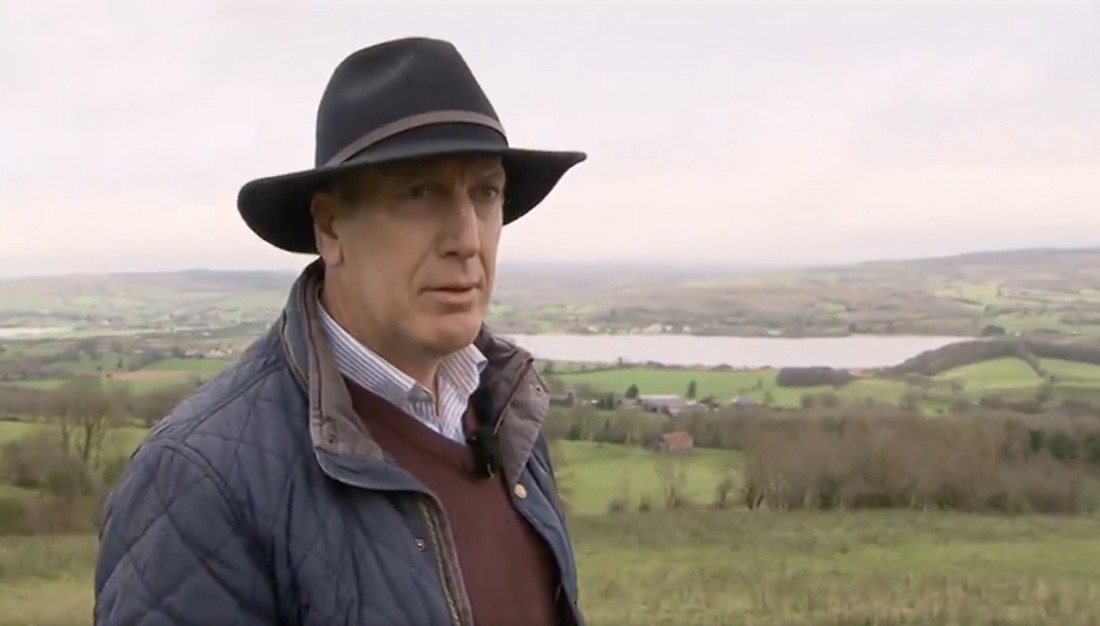FEARS are growing that grim times lie ahead for farmers as it is understood that Common Agricultural Policy (CAP) subsidy payments are set to be phased out post-Brexit. At present these payments can account for substancial percentages of farm income. In some cases this is believed to be upward on 85 percent.
In 2017 the Department of Agriculture Environment and Rural Affairs (DAERA) paid out over £35,000,000 in CAP payments to beneficiaries in the Enniskillen postal areas. A handful of farmers in the county received over £100,000 during the period.
This financial support enables EU farmers to compete on a level playing field as well as protecting against volatility in agricultural prices.
“If this government collapses farm payments collapse because it’s only a manifesto promise,” Florencecourt farmer John Sheridan remarked.
He added that it has been made clear that under a Tory government there will be no payments for farmers after 2027.
Stark warnings for lamb producers also circulated this week as the head of the UFU, Ivor Ferguson said that many sheep farmers would be “out of business” in the event of a no-deal Brexit.
Mr Sheridan continued, “In a no-deal scenario in six weeks time we are out of Europe and we have to trade on a default basis as far as WTO is concerned.” This would mean tariffs would be applied to exported farm produce. On frozen lamb or sheep meat cuts the tariff would be 75 percent, Mr Sheridan explained, noting that such tariffs could mean “lambs are going to crash off a cliff”.
Councillor Sheamus Greene said he could not see a future for farmers without the area based payments. “There is no way the vast majority of them will survive,” he said, “It’s a pretty scary time for farmers in the North.”
Cllr Greene also commented on food production post-Brexit. “Britain produces 60 percent of what they eat so there are some people who think that there is a great opportunity that farmers will be able to increase production and make up for the other 40 percent that isn’t being produced.
“On the flip side of that, if they drop out of the EU and they only produce 60 percent of the food obviously the British government will go to the likes of Brazil, Argentina and America that are massive beef and grain producing countries and they are going to plug that gap straight away with imported food that there is no checks on.
“People complain about red tape, but the vast majority of the red tape is actually to protect consumers. In the short term there will be a shortage of food and prices in the shops are going to go up, and for them to get them back down they are going to have to go and open up the market to beef from the likes of America to plug the gap.”

EU payments ‘account for up to 85% of farmers’ income
Posted: 1:44 pm February 3, 2019
Posted: 1:44 pm February 3, 2019








